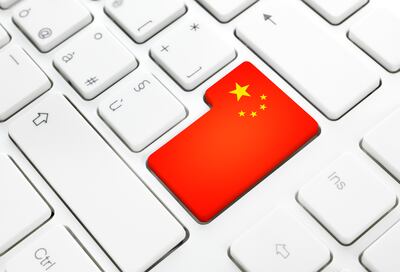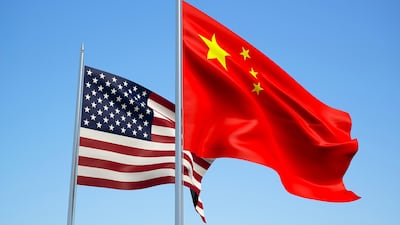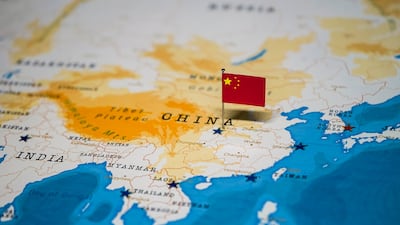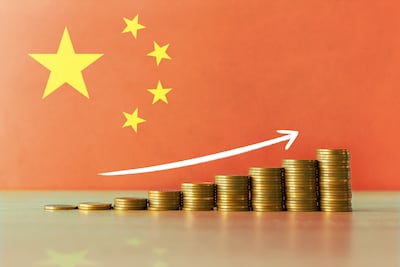
Global Vision
The Chinese appetite for GLP-1s is noticeable. While the market opportunity for western pharma is huge, so are the strategic market access challenges, though not unsurmountable, L.E.K Consulting told In Vivo.
Leading industry experts have spoken to In Vivo about how investment, a change in mindset and a fresh approach to policy may allow Italy to kick-start its biotech ecosystem.
Despite recent political turmoil, outside investor and corporate interest in South Korean biopharma innovation appears robust or even increasing.
Against a backdrop of shifting trade policies, the end of multilateral market approaches and renewed focus on supply chain resilience, medtechs are doubling down on innovation in products and processes – using AI – and keeping unmet needs and outcomes in the center of the target.
The UK government has prioritized synthetic biology and created a "concierge service" for biotechs just as the US cuts science funding.
Despite the ability to initiate clinical trials quickly and having strong manufacturing capacity, Chinese companies are facing multiple challenges in the obesity space.
Big pharma plans to invest billions of dollars in US manufacturing to avoid tariffs proposed by the Trump Administration. However, the implementation of these plans may be delayed due to regulatory complexities and rising costs from tariffs, potentially impacting drug prices for consumers.
S2 Xpeed is driving the rapid growth of medtech and hardware start-ups in Europe. Operating under a "sweat equity" model, the program helps early-stage companies move from prototype to manufacturing readiness in exchange for equity.
Crystal Qin has led LaNova Medicines’ swift rise in the biotech world through strategic partnerships and innovative R&D, highlighted by a record deal with big pharma.
The Barcelona Health Hub is a nonprofit that seeks to advance digital health innovation by bringing together start-ups, investors, health care institutions and corporations.
New funding mechanisms are required to give more momentum to prevention in the community and thereby relieve pressure on overburdened health care providers like the UK National Health Service. So says Simon Radford, a director at global thinktank the Milken Institute, which sees a solution in more funding for community-level prevention.
China's medical equipment industry is growing rapidly, driven by limited domestic presence in high-cost segments and increasing adoption of local products in areas like monitoring equipment, defibrillators, and ventilators. International giants dominate the high-end market, but domestic companies such as Neusoft Medical Systems and Mindray Medical are making significant strides.
Close collaboration between industry, academia and government in employing artificial intelligence could solve the looming threat of antimicrobial resistance, a new report co-authored by Google says.
While Japan looks set to further improve policies to support ventures and ease market entry this year, these will contrast with ongoing reimbursement price controls.
As 2025 begins, the pharma industry is abuzz with discussions on pipeline strategies and China's growing role. With 30% of large pharma licensing deals now involving Chinese biotech, we take a whistlestop tour of the companies and regions driving this innovation.
As efforts to improve diversity in clinical trials gain momentum globally, regulators in the UK, the EU, Canada, Australia and Japan were asked about their efforts to support representative enrolment.
In 2023, China emerged as the second largest exporter in the global biopharmaceutical pipeline. While innovation, international expansion, and commercialization remain pivotal, the industry's growth has increasingly relied on industrial efforts due to less active capital markets.
France’s medtech sector is strong, growing and innovative. In Vivo spoke to several French medtech leaders about the unique features and pitfalls their industry may face.
Asia-Pacific continues to solidify its position as a key location for clinical trials, with China in particular dominating such activity in the region, and increasingly globally, a Citeline White Paper shows.
The pharma industry arguably suffered none of the downside risks that were possible during the first Trump administration, and their relationship with Biden could not have gone much worse. And while they may hope a Trump return could help their fortunes, having RFK Jr. supervising the FDA is likely not the prescription they want.



















